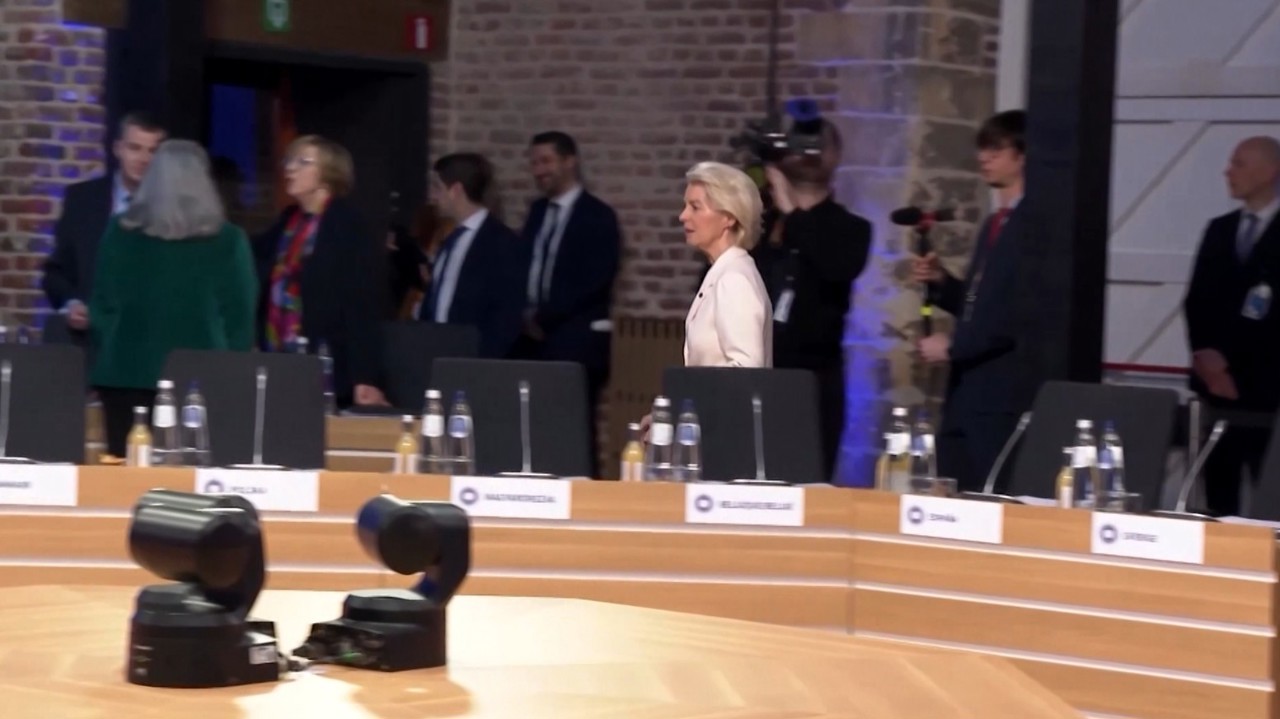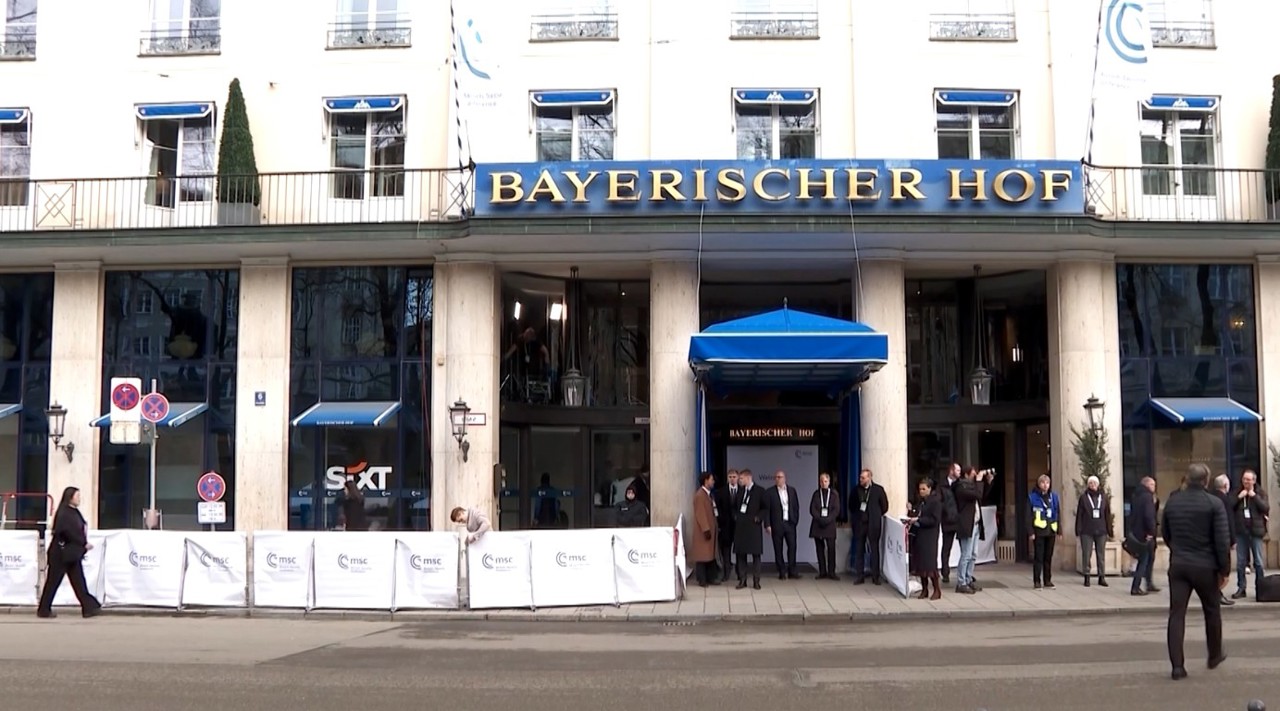Renewable energy contractors say they are on the brink of bankruptcy and announce Japanese strike
Renewable energy contractors go on Japanese strike. They claim they are on the brink of bankruptcy because of the monopoly in the domestic market and are calling on the government to allow direct contracts with the central operator Energocom. Prime Minister Gavrilița's spokeswoman, Anastasia Taburecanu, told Moldova 1 that solutions will be found.

The entrepreneurs are unhappy with the mechanism by which they sell electricity to the two regional distributors in the context of the export ban and claim that they are making losses.
"One solution is to grant the possibility of purchasing electricity centrally by "Energocom" and this is natural, logical and legal," says entrepreneur Sergiu Moraru.
"We came up with the solution that the energy produced by us - over 20 million kWh per month, should be given to the state-managed enterprise "Energocom" at a price of 1.5 lei. Add 1.05 lei for transport and sell this energy at the tariff of 2.55 lei to needy families", claims the entrepreneur Vasile Apostol.
"It was noticed that the authorities somehow try to find excuses, local producers actually want to capitalise on solar and wind energy from the Republic of Moldova. Although we objected to that meeting minutes, obviously they again excluded and put in what was wanted", declares the lawyer Vitalie Mălai.
The approximately 30 entrepreneurs requested the support of the government.
"*It is important to mention that it is only a group of producers, they did not necessarily come with a message from everyone. Several meetings were organised with this group of people together with the Ministry of Infrastructure and Regional Development with the participation of those from "Moldelectrica'' and ANRE. The problems were discussed, listened and analysed and it was found and mutually agreed that solutions will be found. The message that they are not heard, they are not listened to is slightly exaggerated", says Anastasia Taburecanu, the spokesperson of the prime minister.
The Japanese strike is made public by hoisting a white armband on the arm of each employee, without resorting to a stoppage of work.





